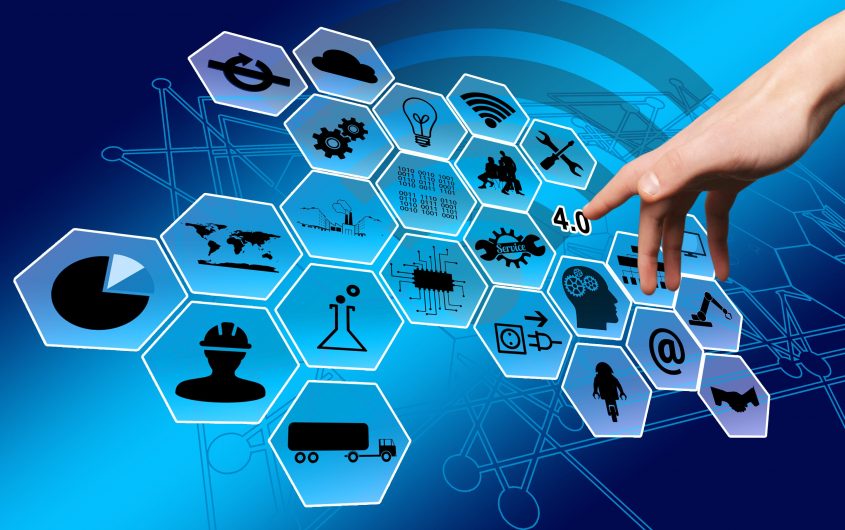
A Tale of Two Futures: The Future of Work Debate in Germany and the U.S.

Ines Wagner
Norwegian Institute for Social Research
Ines Wagner is Research Professor at the Institute for Social Research in Oslo, Norway. Her research focuses on equal pay for work of equal value, the double mobility of capital and labour in the European single market, and technological change and the quality of work. She has held fellowships at the American Institute for Contemporary German Studies at Johns Hopkins in Washington, the Max Planck Institute for the Study of Societies in Cologne, and the European University Institute in Florence. Professor Wagner has published with, amongst others, Cornell University Press and in popular media outlets such as The Guardian and Harvard Business Review.
The future of work is, in many respects, now. Digital technologies are driving enormous change processes in the economy and society with impacts reaching far beyond Silicon Valley, stretching even to companies in Ulm, Ludwigsburg, and Unterföhring. Some industries, like retail, have been revolutionized by technological innovation. In other sectors, digitalization is just beginning. Eventually, all economic sectors will undergo a digital transformation process. What remains to be seen is exactly how this digitalization will change work environments. How will we work tomorrow? Academics and policymakers alike grapple with this question, sketching out hypothetical scenarios where future technologies redefine the value of skills and available work.[1] So far, companies, policymakers, trade unions, stakeholders in society, and, of course, workers themselves have difficulty grasping the extent and nature of this transition. That difficulty is exacerbated by the speed with which new technologies are being developed, introduced, tried out, and re-developed or discarded. We are also witnessing the onset of 5G network capability, which is likely to transform not only how we communicate, but also how we will organize work.
These processes and transformations are omnipresent in both the United States and Germany. However, the relationship between digitalization and changes in work environments is being problematized differently in the two countries. In the United States, the focus is more on the nature of technological change, with emphasis on innovation; business insiders, or networks of labor representatives, are the main players, resulting in limited cross-fertilization of viewpoints. In Germany, the debate is centered strongly on Industry 4.0 (in which industry is the main focus) and how it will competitively advantage the German economy. But there is also discussion of Work 4.0 (in which the work environment and employment relations are the main focus), which is driven by the Ministry of Labor and Social Affairs, and labor and employer representatives, that approaches problems multilaterally to solve problems that confront employers and employees alike. The distinction in this debate is important because the framing of economic and societal problems conditions policy solutions.








